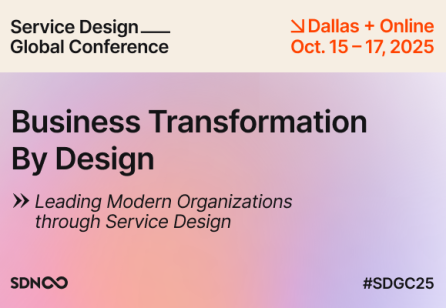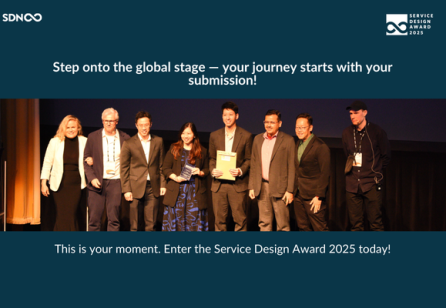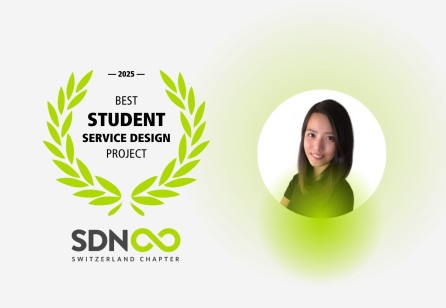Editors letter
A politically charged backlash to DEI - most visible in the U.S. but evident elsewhere too - has tarnished the term, and related initiatives are being scaled back. However, as service designers, we have long looked beyond DEI’s often narrow association with hiring practices (which has drawn much of the critique) and instead have been concerned with designing service experiences through a similar lens, aiming to ensure they’re equitable for all.
Designing for equitable experiences isn’t just carrying out co-design with diverse representation around the table. It’s ensuring that recognising everyone we’re designing for really goes deeper. Whether examining digital participatory budgeting in Barcelona or accessibility in Swiss public transport, the contributors to this issue reveal how well-intentioned methods can fail if underlying power asymmetries remain untouched.
A thread running through this issue is a call for redistributing power through the design process, as well as a deeper, systems-level critique. In a bold contribution, Darwin Muljono urges us to confront the ways in which capitalism itself structures exclusion, and argues for a radical service design ethos that questions both dominant economic as well as social norms, calling for relational economies, degrowth principles and community-centred value exchanges. These provocative ideas should challenge us to think beyond market-based metrics of success and embrace service design as a vehicle for systemic, structural transformation.
I hope that what you’ll find in the coming pages not only positively challenges you, but leads you to create better and more just outcomes for those whom you design for.
And to close on that note of ‘transformation’, business transformation is the theme of the SDN’s Global Conference 2025, to be held in Dallas on 15-17 October (as well as online). Will you be joining us, as we strengthen our practice? I hope so!
–– Jesse Grimes for the editorial board







Share your thoughts
0 RepliesPlease login to comment